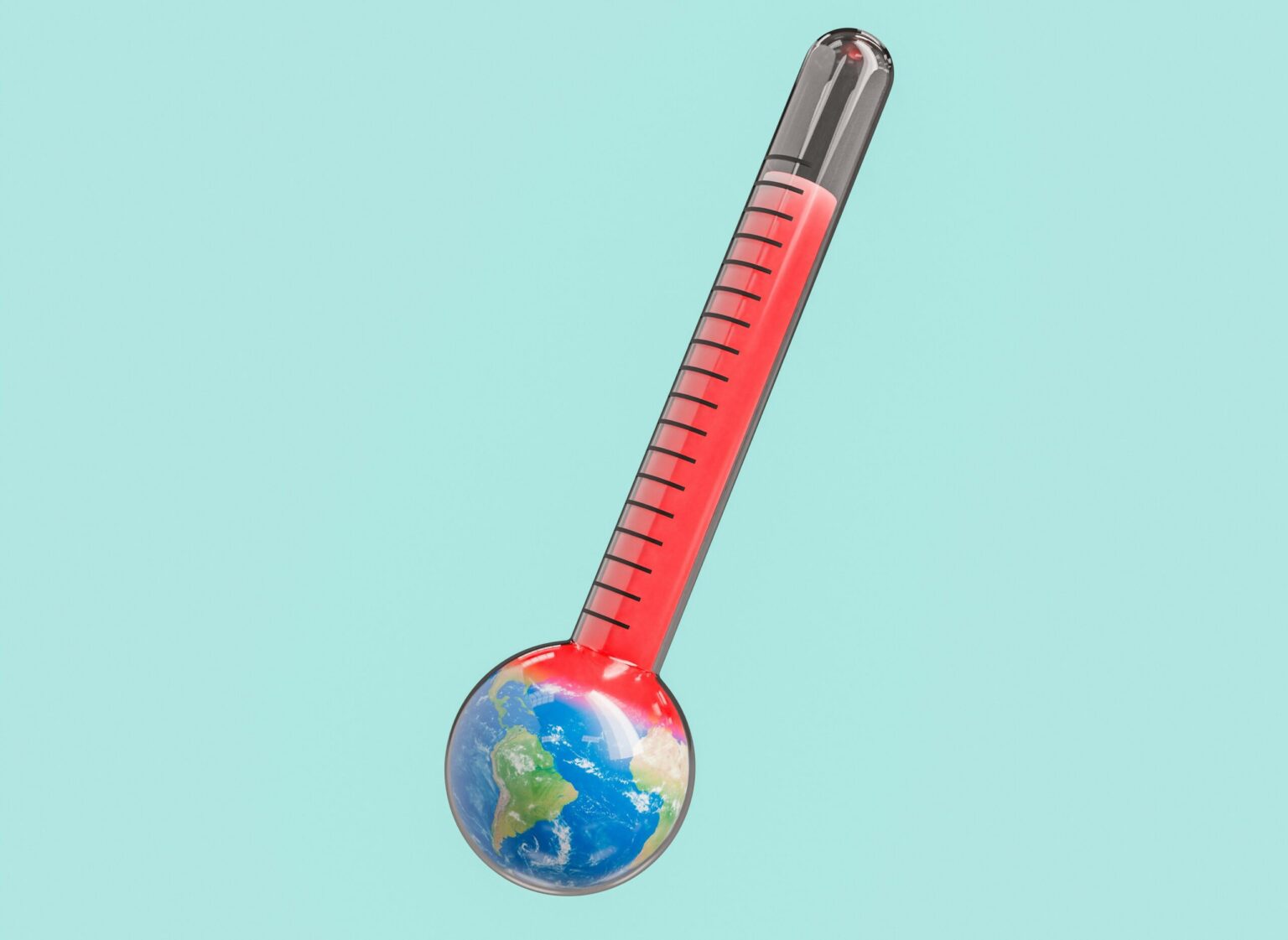The Hottest Month Ever Recorded
In early July 2023, the World Meteorological Organization (WMO) and the EU-funded Copernicus Climate Change Service announced that this summer was on track to become the hottest month ever recorded. On July 6, global temperatures reached a new high, with the average surface air temperature climbing to 17.08°C (62.74°F), surpassing the previous record set in 2019. This alarming spike in temperatures is largely attributed to the ongoing El Niño phenomenon, which has intensified the effects of global warming, pushing temperatures to unprecedented levels.
The rise in temperatures has been felt worldwide, with several regions experiencing extreme heatwaves that have set new records. These heatwaves are not only a testament to the warming climate but also a stark reminder of the urgent need for comprehensive action to address climate change.
Extreme Heatwaves Across the Northern Hemisphere
The extreme temperatures were particularly severe in the Northern Hemisphere, where Europe, the U.S., and parts of Asia experienced record-breaking heat. Southern European countries, including Spain, Greece, and Italy, saw catastrophic wildfires fueled by the intense heat and prolonged drought conditions. These fires rapidly spread across the Mediterranean region, devastating ecosystems, destroying homes, and forcing thousands of people to evacuate.
In Canada, particularly in the province of Quebec, wildfires were equally devastating. These fires forced the evacuation of thousands of residents, and large swaths of forest were destroyed, exacerbating environmental damage and contributing to the country’s growing concern about climate-related disasters.
The U.S. Heatwave: A National Crisis
The United States also faced extreme heat, particularly in the Southwest and Southeast. Some areas saw temperatures exceeding 115°F (46°C), breaking long-standing records and posing serious health risks to residents. The soaring temperatures created dangerous conditions for vulnerable populations, including the elderly and those with preexisting health conditions.
In Miami, the heatwave led to exceptionally warm seawater temperatures, contributing to beach closures and raising concerns about the impact on coral reefs. Elevated ocean temperatures can stress marine life, causing coral bleaching and damaging delicate ecosystems that are critical to biodiversity and coastal protection.
A Wake-Up Call for Climate Action
The global temperature spike has brought renewed urgency to the conversation around climate change. The extreme weather events, from heatwaves to wildfires, have become increasingly frequent and severe, underlining the need for urgent and sustained climate action. Experts warn that these events will continue to worsen unless significant steps are taken to reduce greenhouse gas emissions and mitigate the impacts of global warming.
This rise in global temperatures also highlights the disproportionate impact of climate change on different regions. While some areas experience deadly heatwaves, others are suffering from the effects of prolonged droughts, floods, and rising sea levels. These events demonstrate how interconnected our global climate system is and how crucial it is for countries to work together to combat climate change on a global scale.
The Human and Environmental Toll
The effects of the record-breaking heatwaves are not only environmental but also pose significant health risks. The increased temperatures have led to higher mortality rates, particularly due to heatstroke and dehydration. Vulnerable populations, such as the elderly, children, and those with preexisting health conditions, are most at risk, and the impact on public health systems is becoming increasingly evident.
In response to the heat crisis, governments and emergency services have been ramping up efforts to protect public health. Warnings about the dangers of extreme heat have been issued, urging people to stay indoors during the hottest parts of the day, stay hydrated, and avoid strenuous outdoor activities. Shelters have been set up in some cities to provide relief for those who lack access to air conditioning or cooling systems.
The Road Ahead
As the planet continues to experience record-breaking temperatures and increasingly severe weather events, the urgency for climate action has never been clearer. Governments, businesses, and individuals must work together to reduce emissions, invest in renewable energy, and prepare for the inevitable changes brought about by a warming world. The events of the summer of 2023 serve as a powerful reminder of the need to take bold and immediate action to safeguard the planet for future generations.
